Envínate
£27.50
– bottle
(75cl)
Add item
2019 Benje, Tinto, Envínate, Tenerife, Spain
Red
2019
Drink, at peak
Medium Bodied
Dry
12.0% Alcohol
Find out more
£39.50
– bottle
(75cl)
Add item
2019 Táganan, Tinto, Envínate, Tenerife, Spain
Red
2019
Drink, at peak
Medium Bodied
Dry
13.0% Alcohol
Find out more
£39.50
– bottle
(75cl)
Add item
2021 Migan, Envínate, Tenerife, Spain
Red
2021
Drink, youthful
Medium Bodied
Dry
12.0% Alcohol
Find out more
£51.00
– magnum
(150cl)
Add item
2020 Benje, Blanco, Envínate, Tenerife, Spain
White
2020
Drink, at peak
Medium Bodied
Dry
10.5% Alcohol
Find out more
£52.00
– magnum
(150cl)
Add item
2020 Benje, Tinto, Envínate, Tenerife, Spain
Red
2020
Drink, youthful
Medium Bodied
Dry
12.0% Alcohol
Find out more
£85.00
– magnum
(150cl)
Add item
2020 Migan, Envínate, Tenerife, Spain
Red
2020
Lay down
Medium Bodied
Dry
12.0% Alcohol
Find out more
Available in bond
2018 Benje, Tinto, Envínate, Tenerife, Spain
Red
2018
Drink up
Medium Bodied
Dry
12.0% Alcohol
Find out more
Available in bond
2017 Benje, Tinto, Envínate, Tenerife, Spain
Red
2017
Drink up
Medium Bodied
Dry
12.0% Alcohol
Find out more


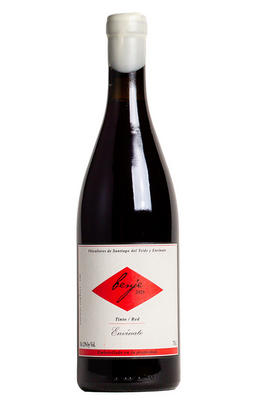
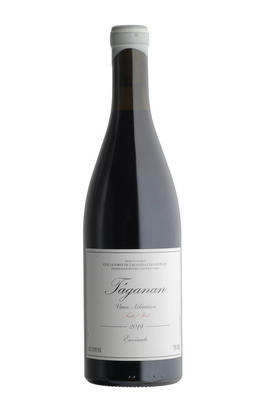
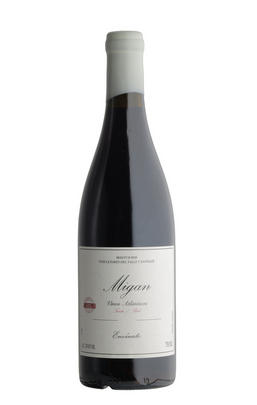
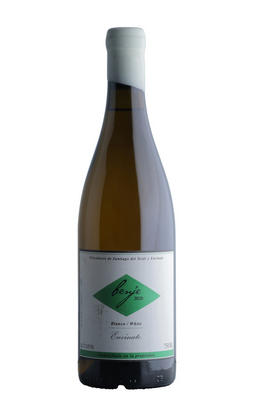
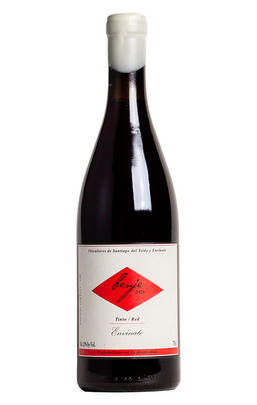
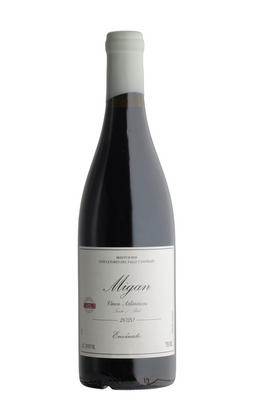
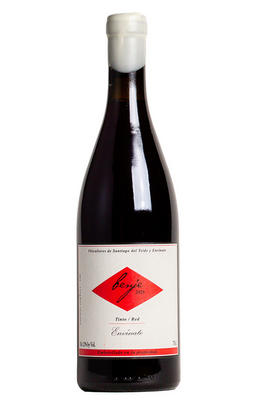
Envínate, a name that translates to "wine yourself" in Spanish, perfectly encapsulates the philosophy of this producer. With a profound commitment to minimal intervention winemaking, the producer allows the grapes and terroir to express themselves naturally.
The winery was founded in 2005 by four friends: Roberto Santana, Alfonso Torrente, Laura Ramos, and José Ángel Martínez. They share a passion for crafting wines that showcase the unique characteristics of each vineyard they work with.
Envínate is known for seeking out old, low-yielding vineyards in various regions across Spain, such as the Canary Islands, Ribeira Sacra, Ribeiro, and Almansa. These vineyards often have vines that are several decades or even centuries old. They aim to produce authentic and expressive wines that capture the essence of the land and climate they are grown by focusing on indigenous grape varieties and traditional winemaking techniques.
Their winemaking approach emphasizes minimal intervention in both the vineyard and the cellar. They practice organic and biodynamic farming, working closely with local grape growers to ensure sustainable and respectful practices. In the cellar, they use wild yeast fermentation, low levels of sulfur, and avoid heavy filtration or clarification to preserve the wines’ natural characteristics.